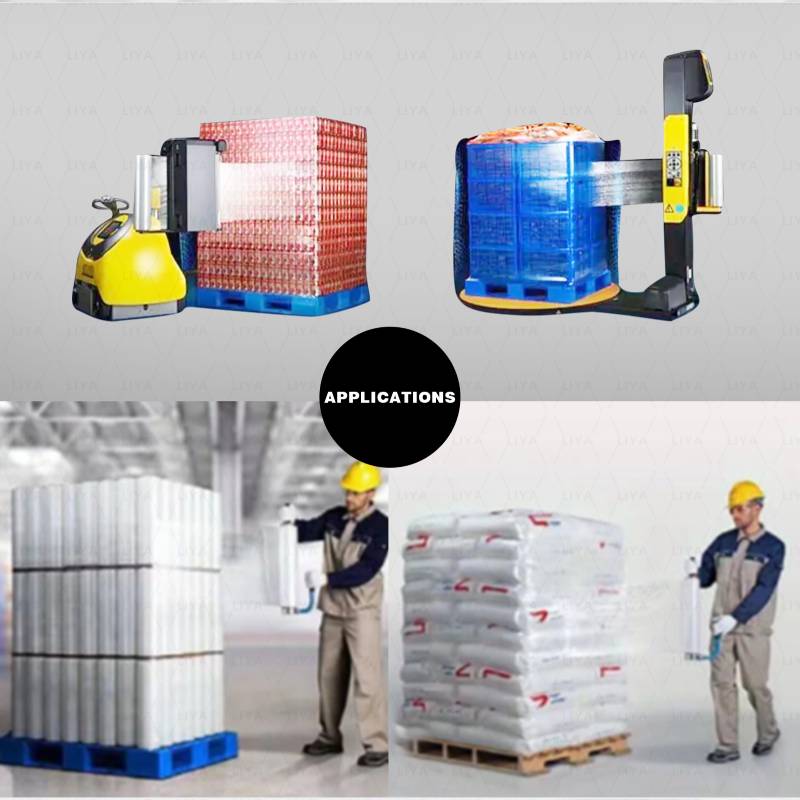Eco-friendly Self-Sealing Compostable Bags for Convenient Waste Disposal Solutions
The Rise of Self-Seal Compostable Bags A Sustainable Choice for the Environment
In recent years, the growing awareness of environmental issues has led to a significant shift in consumer behavior. This shift is largely driven by a desire to reduce plastic waste and promote sustainability. One innovation that has gained momentum in this movement is the self-seal compostable bag. Combining convenience with eco-friendliness, these bags are emerging as a popular alternative for both consumers and businesses alike.
Understanding Compostable Bags
Compostable bags are made from organic materials that break down naturally in composting conditions. Unlike traditional plastic bags, which can take hundreds of years to decompose, compostable bags typically decompose within a few months. This characteristic makes them an attractive choice for environmentally conscious consumers looking to minimize their ecological footprint.
The process of composting involves transforming organic waste into nutrient-rich soil, and compostable bags can be included in this process. They are often made from materials such as cornstarch, vegetable oils, or other biodegradable polymers. When composted properly, they contribute to soil health rather than polluting the environment.
The Convenience of Self-Seal Design
One of the significant advantages of self-seal compostable bags is their design. The self-sealing feature allows users to securely close the bags without the need for additional materials like twist ties or clips. This not only makes them user-friendly but also enhances their functionality. Consumers can easily pack food, waste, or other items without worrying about spills or leaks.
Moreover, the self-sealing mechanism of these bags often comes in the form of an adhesive strip that does not interfere with the composting process. This innovation ensures that the bags maintain their eco-friendly status while providing added convenience in everyday use.
self seal compostable bag

Applications and Versatility
Self-seal compostable bags have a wide range of applications across various sectors. In the food industry, these bags are perfect for packaging fresh produce, takeout meals, and other perishable items. Using compostable packaging can enhance a brand's sustainability profile and appeal to eco-conscious consumers. Many restaurants and food establishments are now opting for these bags to reduce their plastic waste footprint.
In households, self-seal compostable bags can be used for gathering kitchen waste, pet waste, or transporting items without the guilt of contributing to landfill waste. They serve as an excellent solution for those looking to adopt a greener lifestyle while maintaining the convenience they are accustomed to.
The Environmental Impact
The use of self-seal compostable bags can significantly reduce plastic pollution. According to studies, millions of tons of plastic waste enter landfills and oceans each year, contributing to environmental degradation and harming wildlife. By switching to compostable options, individuals and businesses can play a crucial role in mitigating these issues.
Composting these bags, when done correctly, returns valuable nutrients to the soil and supports a circular economy where waste is minimized. Additionally, the production of plant-based materials for these bags often has a lower carbon footprint compared to traditional plastic manufacturing, further supporting global efforts to combat climate change.
Conclusion
Self-seal compostable bags represent a promising step towards a more sustainable future. Their convenience, versatility, and environmental benefits make them an ideal choice for consumers and businesses alike. As the demand for eco-friendly products continues to rise, self-seal compostable bags stand out as a practical solution for reducing plastic waste and promoting a healthier planet. By choosing these innovative bags, individuals can contribute to a more sustainable world, one small step at a time.
-
The Best Uses for Small Trash Bags in Daily LifeNewsJul.01,2025
-
Stylish Reusable Grocery Bags TrendsNewsJul.01,2025
-
Shipping Advantages of Using Bubble Envelopes BulkNewsJul.01,2025
-
How Compostable Mailing Bags Reduce Environmental ImpactNewsJul.01,2025
-
Environmentally - Friendly Bulk Poly MailersNewsJul.01,2025
-
Eco Friendly Custom Laminated Tote BagsNewsJul.01,2025
-
Have the freedom of customizing your custom mailers any way you want! Our dedicated packaging support will help deliver you the mailing experience you need to elevate your shipping experience to the next level! Start making a strong impression on your customers and stand out from your competitors! -
LIYA uses high quality raw materials which directly purchased from large enterprises domestic and overseas such as PetroChina, Sinopec, Sabic, Equate, ExxonMobil, Dow Chemical, Total, and Borouge, ensuring the price advantage and quality of the raw materials. -
LIYA uses high quality raw materials which directly purchased from large enterprises domestic and overseas such as PetroChina, Sinopec, Sabic, Equate, ExxonMobil, Dow Chemical, Total, and Borouge, ensuring the price advantage and quality of the raw materials.
Warning: Undefined array key "ga-feild" in /home/www/wwwroot/HTML/www.exportstart.com/wp-content/plugins/accelerated-mobile-pages/templates/features.php on line 6714





